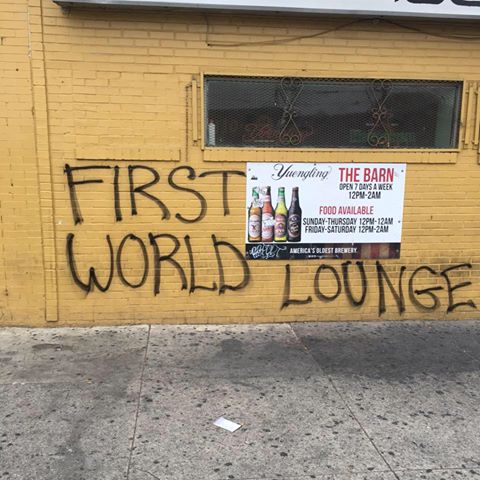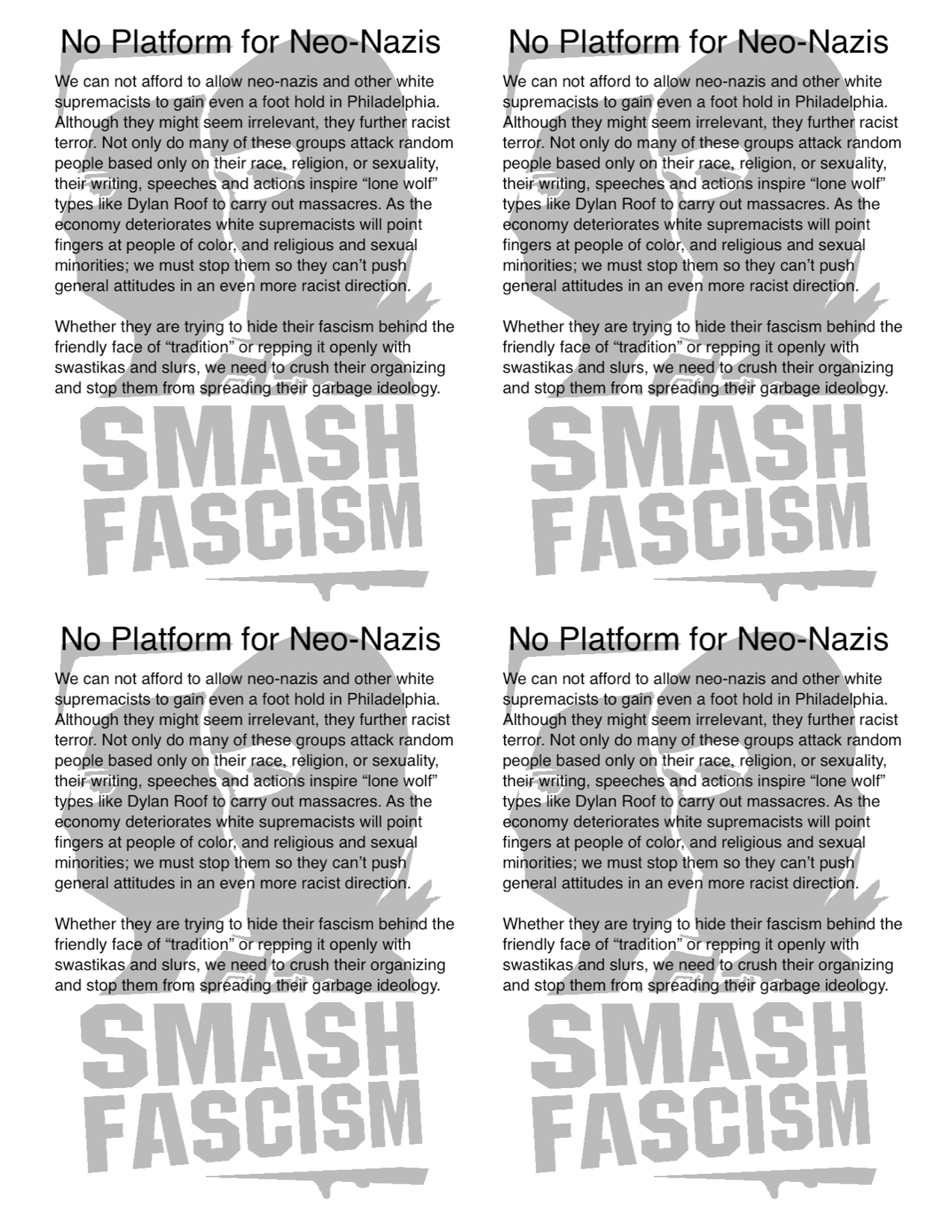from facebook

For most of US history, the police have used violence against African Americans with impunity—but after the murder of unarmed teenager Mike Brown in Ferguson, Missouri, mass protests erupted to challenge that impunity. In the process, a new generation of Black activists has come to question the old methods of struggle, puncture the Obama-era illusion of a “postracial” United States, and declare without apology that #BlackLivesMatter.
In this stirring and insightful analysis, activist and scholar Keeanga-Yamahtta Taylor surveys the history and current realities of US racism. Taylor examines how institutional racism has created and shaped the structural problems that affect Black people, such as mass incarceration and unemployment, even as more Black people hold political office than ever before. She paints a vivid picture of the context for this new struggle against police violence—and shows the potential of the Black Lives Matter movement to reignite and broaden the struggle for liberation.
[January 28 at 7pm at Friends Center 1501 Cherry St]










